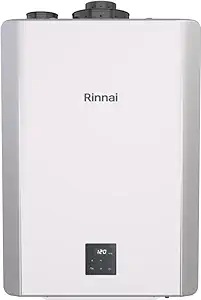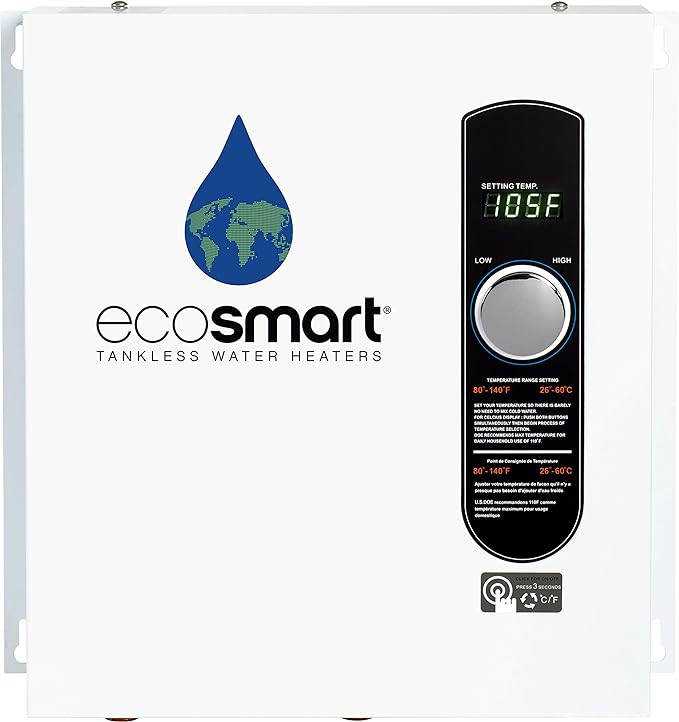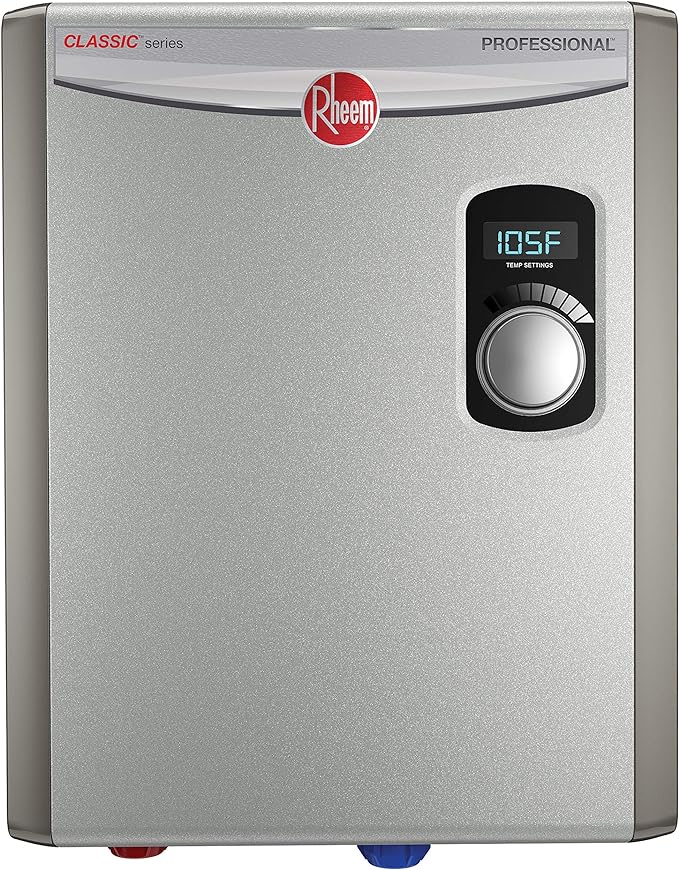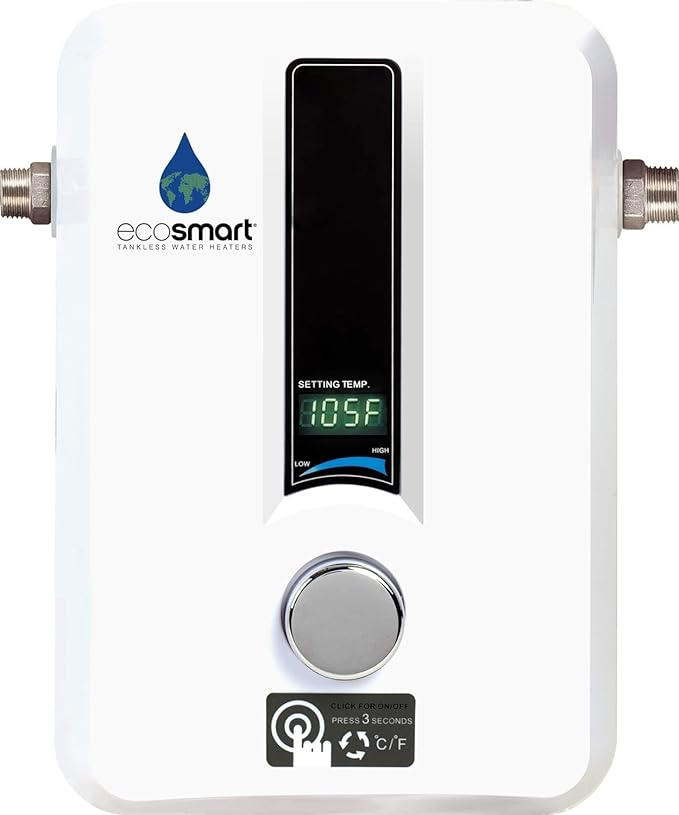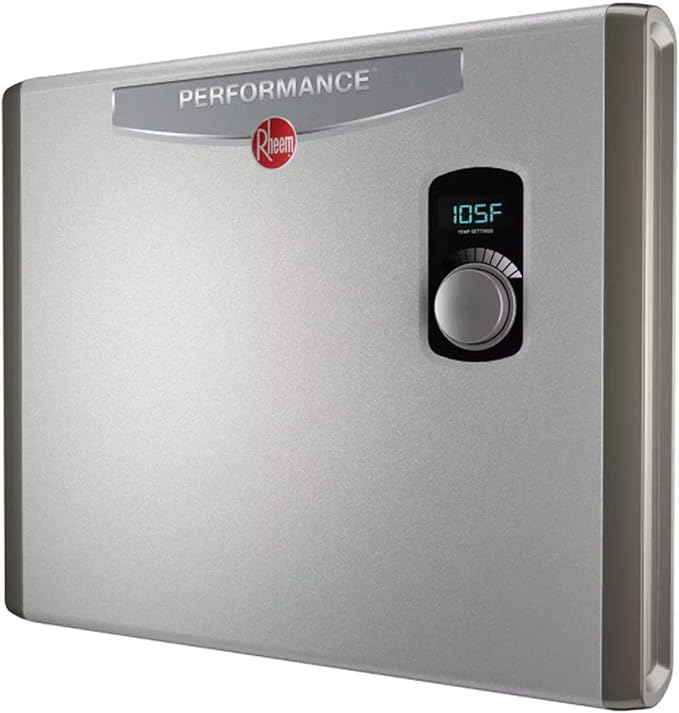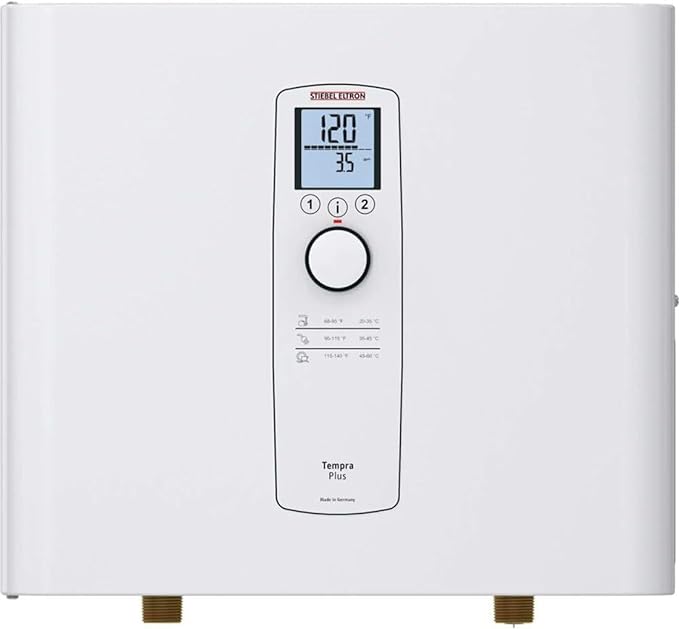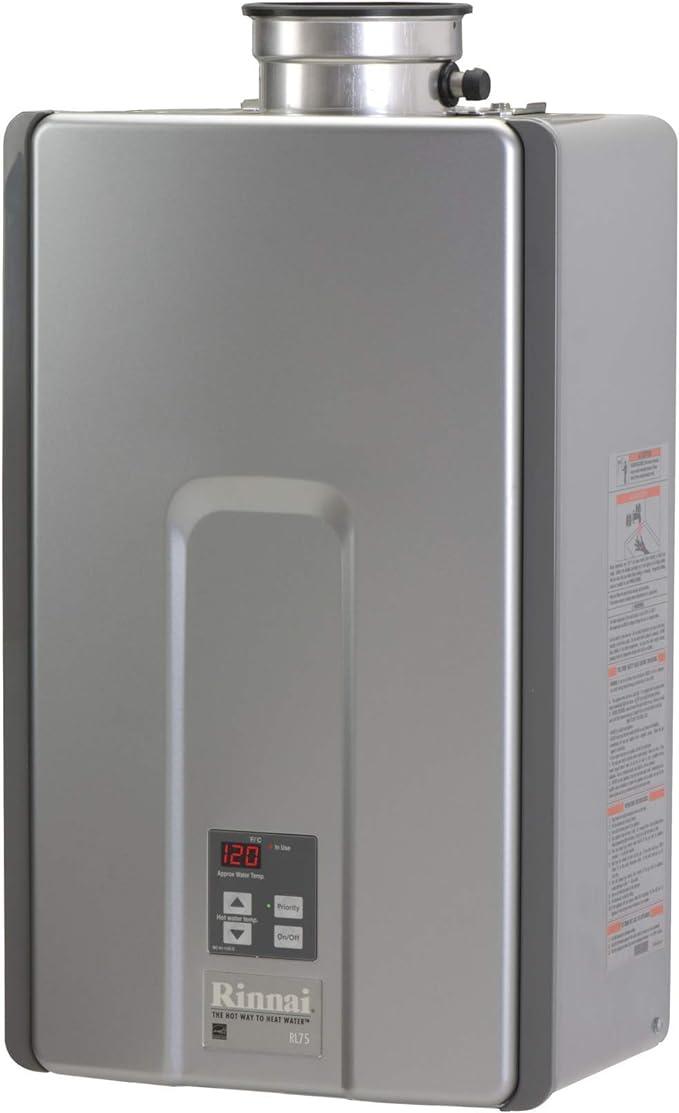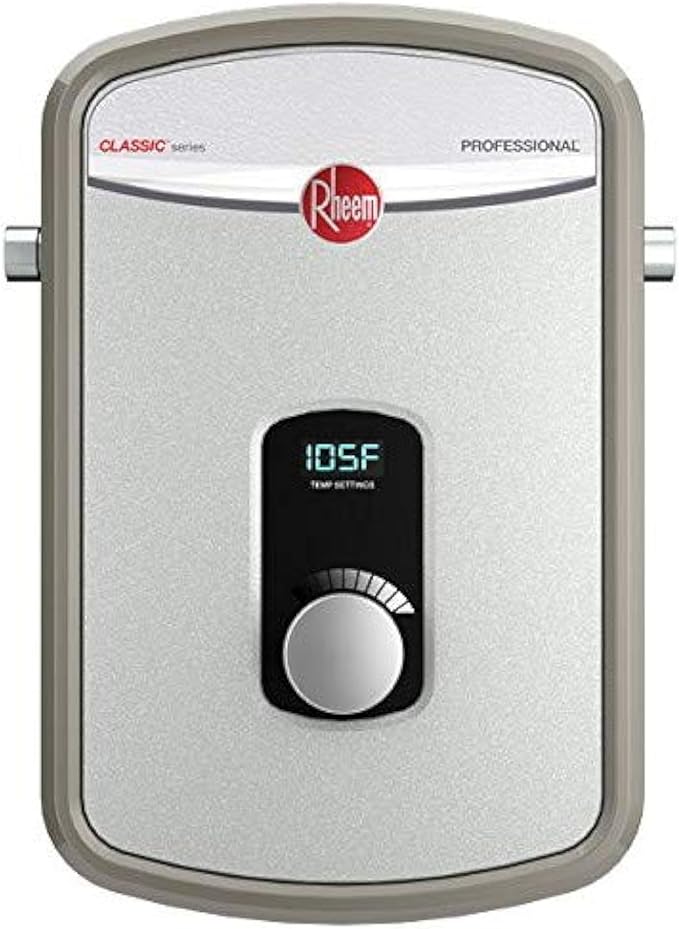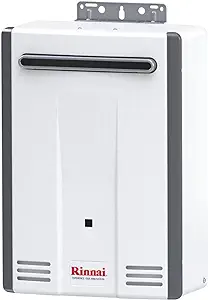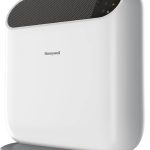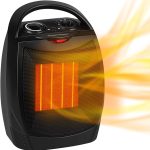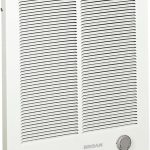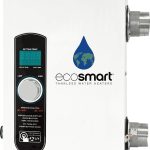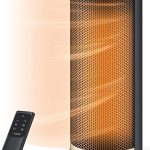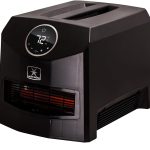You’re in the market for a new tankless water heater, but with so many options available, it can be overwhelming to find the right one for your needs. That’s why we’ve compiled a list of the top-rated tankless water heaters of 2025, featuring models from trusted brands like Rinnai, EcoSmart, and Rheem. These innovative units boast impressive features like precise temperature control, self-modulating technology, and smart sensors. But which one is right for you? Let’s take a closer look at the top contenders, and discover what sets them apart from the rest.
Contents
- Rinnai Tankless Water Heater
- EcoSmart ECO 27 Tankless Water Heater
- Rheem 18kW 240V Tankless Electric Water Heater, Gray
- EcoSmart ECO 11 Electric Tankless Water Heater
- Rheem RETEX-36 Electric Tankless Water Heater
- Stiebel Eltron Tempra 36 Plus Tankless Heater
- Rinnai RL75IN Tankless Hot Water Heater
- Rheem 240V Heating Chamber RTEX-13 Residential Tankless Water Heater, GRAY
- Rinnai Tankless Hot Water Heater
- Factors to Consider When Choosing Tankless Water Heaters
- Frequently Asked Questions
- Conclusion
Rinnai Tankless Water Heater
If you’re looking for a tankless water heater that can handle high demand while being energy efficient, the Rinnai Tankless Water Heater is an excellent choice, providing up to 11.1 GPM of hot water simultaneously to meet your household’s needs.
This compact unit can support up to 7 fixtures at once, making it perfect for large families or households with multiple bathrooms.
With an energy efficiency factor of UEF .98, you’ll save money on your energy bills while still enjoying a steady supply of hot water.
Plus, the Smart-Circ Intelligent Recirculation technology learns your water usage patterns to optimize pump and recirculation scheduling, ensuring you get hot water when you need it.
Best For: Large families or households with multiple bathrooms that need a high-capacity, energy-efficient tankless water heater.
Pros:
- Provides up to 11.1 GPM of hot water simultaneously to meet high demand
- Energy efficiency factor of UEF .98 saves money on energy bills
- Smart-Circ Intelligent Recirculation technology learns water usage patterns for efficient pump and recirculation scheduling
Cons:
- Warranty coverage only includes parts, not labor costs
- Repair process can be lengthy and involve multiple plumber trips
- Customer support experience can be frustrating, with high hourly rates for approved plumbers
EcoSmart ECO 27 Tankless Water Heater
For homeowners seeking endless hot water with precise temperature control, the EcoSmart ECO 27 Tankless Water Heater is an excellent choice, boasting a 99% thermal energy efficiency rating and self-modulating flow sensor technology to regulate energy consumption.
This electric tankless water heater provides a consistent temperature output, with a maximum temperature of 120°F, and a flow rate of 2.7-6.5 gallons per minute, depending on the inlet water temperature.
You’ll appreciate the digital temperature display showing the outlet water temperature setting, and the copper heat exchanger with automatic resettable thermostat.
Additionally, the EcoSmart ECO 27 is UL-499 certified and ETL listed, ensuring safety and reliability.
Best For: Homeowners who want to save energy costs, free up space, and have a reliable hot water supply with precise temperature control.
Pros:
- Provides endless hot water with consistent temperature control
- 99% thermal energy efficient and self-modulating flow sensor technology to regulate energy consumption
- Digital temperature display shows outlet water temperature setting and copper heat exchanger with automatic resettable thermostat
Cons:
- Requires professional installation and proper sizing for individual needs
- Needs regular maintenance to prevent scale buildup and maintain efficiency
- Warranty does not cover labor or incidental damages
Rheem 18kW 240V Tankless Electric Water Heater, Gray
The Rheem 18kW 240V Tankless Electric Water Heater provides a continuous and endless supply of hot water, making it an ideal choice for homeowners who want to save space and energy while enjoying a reliable hot water supply.
Its compact design is 90% smaller than traditional tanks, making it perfect for small spaces.
The tankless water heater features self-modulation technology that adjusts power to meet hot water demand, ensuring you get the right amount of hot water when you need it.
With a flow rate of up to 4.4 GPM, you’ll have more than enough hot water for your daily needs.
The durable copper immersion heating elements are field-serviceable, making maintenance a breeze.
Best For: Homeowners who want to save space and energy while enjoying a reliable hot water supply, particularly those with mid-range whole-home applications or single shower applications in the Midwest.
Pros:
- Provides a continuous and endless supply of hot water
- Saves space (90% smaller than traditional tanks) and energy (up to 50% on water heating bill)
- Easy to install and maintain, with field-serviceable heating elements
Cons:
- Some reviewers mentioned issues with LED lights flickering
- May have limitations with simultaneous shower use
- No venting required, but may not be suitable for large households or high-demand applications
EcoSmart ECO 11 Electric Tankless Water Heater
The EcoSmart ECO 11 Electric Tankless Water Heater features patented self-modulating technology, which guarantees endless on-demand hot water at a consistent temperature, making it an ideal choice for homeowners seeking energy efficiency and space savings.
With its compact design, you’ll save 90% of the space traditionally occupied by tank heaters.
This eco-friendly option boasts an impressive 13KW at 240 Volts and features an LED display for easy monitoring.
Additionally, it’s energy efficient and will help you cut down on your energy bills.
With a maximum flow rate of 3.1 gallons per minute, this tankless water heater is suitable for small to medium-sized households.
Best For: Small to medium-sized households seeking energy efficiency and space savings.
Pros:
- Energy efficient, helping to reduce energy bills
- Compact design, saving 90% of space traditionally occupied by tank heaters
- Endless on-demand hot water at a consistent temperature, thanks to patented self-modulating technology
Cons:
- Some customers have reported issues with warranty and documentation
- Installation requires a licensed electrician, which may add to overall cost
- Some customers have reported difficulty with installation and documentation
Rheem RETEX-36 Electric Tankless Water Heater
If you’re seeking a reliable and efficient tankless water heater that can handle multiple simultaneous uses, the Rheem RETEX-36 Electric Tankless Water Heater is an excellent choice, boasting a self-modulating 6 GPM capacity that heats water faster than traditional tank heaters.
This electric tankless water heater is capable of handling multiple tasks at once, such as taking a shower, running the dishwasher, and washing clothes, making it ideal for busy households.
With its 36 KW wattage and 240V power source, you can expect hot water on demand, reducing waste and saving you money on your electric bill.
Additionally, its compact design and 19-pound weight make it easy to install, and its gray color will blend seamlessly into your home’s décor.
Best For: Busy households with multiple simultaneous hot water needs, seeking an efficient and reliable tankless water heater.
Pros:
- Heats water faster than traditional tank heaters, providing hot water on demand.
- Can handle multiple simultaneous uses, making it ideal for busy households.
- On-demand heating reduces waste and saves money on electric bill.
Cons:
- Requires plumbing experience and knowledge of soldering and brazing for installation.
- Needs 8 gauge, 3 conductor wire and 240v double pole breakers for installation.
- Recommended to get flushing bypass valves and descaling filter for annual maintenance.
Stiebel Eltron Tempra 36 Plus Tankless Heater
Frequent hot water users will appreciate the Stiebel Eltron Tempra 36 Plus Tankless Heater, which provides an on-demand, continuous, and unlimited supply of hot water.
You’ll love its sleek design that saves space and doesn’t require venting. Plus, its electronic switch guarantees virtually silent operation.
The copper sheathed heating element, housed in a copper cylinder, facilitates efficient heating.
With a 7-year leakage and 3-year parts warranty, you can have peace of mind.
This tankless heater boasts impressive specs, including a 36 KW/27 KW wattage and 240 V/208 V voltage.
It’s also certified by ANSI/UL and CSA, and has a 4.5-star rating from 1,923 customers.
While some users reported installation issues, most rave about its fast heating and consistent temperature.
Best For: Frequent hot water users who need a continuous and unlimited supply of hot water, particularly those who value energy efficiency and a sleek design.
Pros:
- Easy to install and setup
- Gets hot really fast
- Maintains temperature for as long as you need
Cons:
- May require professional installation
- Some users experienced issues with the unit
- No specific temperature control
Rinnai RL75IN Tankless Hot Water Heater
Those seeking a reliable and efficient tankless water heater for simultaneous use in multiple fixtures will appreciate the Rinnai RL75IN’s ability to provide up to 7.5 GPM of hot water.
You can enjoy uninterrupted hot water supply for up to five fixtures at once, making it an ideal choice for larger households.
This compact tankless water heater boasts a sleek design, measuring only 17.5 inches wide and 31 inches tall, making it easy to install indoors.
With WiFi connectivity available through the Rinnai Controlr module, you’ll have remote access to monitor and control your hot water usage.
Backed by a thorough warranty, the RL75IN guarantees peace of mind with its 12-, 5-, and 1-year residential guarantee and 5-, 5-, and 1-year commercial factory warranty.
Best For: Large households seeking a reliable and efficient tankless hot water heater for simultaneous use in multiple fixtures.
Pros:
- Provides up to 7.5 GPM of hot water, suitable for simultaneous use in multiple fixtures
- Compact design with WiFi connectivity available through the Rinnai Controlr module
- Backed by a comprehensive warranty with 12-, 5-, and 1-year residential guarantee and 5-, 5-, and 1-year commercial factory warranty
Cons:
- Requires indoor installation, limiting its flexibility
- No batteries are included, and none are required
- The product is not suitable for outdoor use
Rheem 240V Heating Chamber RTEX-13 Residential Tankless Water Heater, GRAY
The Rheem 240V Heating Chamber RTEX-13 Residential Tankless Water Heater is an excellent choice for homeowners seeking a reliable and eco-friendly solution for their hot water needs.
With its 99.8% energy efficiency and ability to provide a maximum flow rate of 3.17 gallons per minute, it’s a great option for those looking to reduce their energy consumption.
You’ll appreciate the external adjustable digital thermostatic control with an LED display, which allows you to adjust the temperature in increments of 1°F.
The durable copper immersion two heating elements are field-serviceable, making maintenance a breeze.
Plus, the self-modulating power control facilitates efficient energy use.
With its simple installation process and threaded design for easy replacement, this tankless water heater is a great option for homeowners looking to upgrade their hot water system.
Best For: Homeowners seeking a reliable and eco-friendly solution for their hot water needs, particularly those with small to medium-sized households.
Pros:
- 99.8% energy efficient, making it an environmentally friendly option
- Self-modulating power control facilitates efficient energy use and reduces waste
- External adjustable digital thermostatic control with an LED display allows for precise temperature control
Cons:
- Requires a 240v line, which may need to be installed separately
- Has a relatively low maximum flow rate of 3.17 gallons per minute, which may not be suitable for large households
- Maintenance requires regular flushing to remove deposit buildup
Rinnai Tankless Hot Water Heater
The Rinnai V53DeN Tankless Hot Water Heater is an excellent choice if you’re looking for a reliable and efficient tankless water heater that can provide endless hot water flow throughout your house.
This compact and durable unit boasts a high-performance hot water flow rate of 5.3 GPM, ensuring you’ll never run out of hot water.
With its natural gas power source and outdoor installation, you can enjoy a powerful and constant stream of hot water whenever you need it.
Plus, its advanced scale detection feature helps prevent long-term damage, ensuring your heater lasts for years to come.
Best For: Homeowners who want a reliable and efficient tankless water heater that can provide endless hot water flow throughout their house.
Pros:
- Compact and durable design that is energy and space efficient
- High-performance hot water flow rate of 5.3 GPM for a powerful and constant stream
- Advanced scale detection feature to prevent long-term damage
Cons:
- Some customers have reported issues with customer service and warranty claims
- Requires natural gas power source and outdoor installation
- Wi-Fi monitoring feature requires the purchase of a separate Controlr module
Factors to Consider When Choosing Tankless Water Heaters
When you’re in the market for a tankless water heater, you’ll want to ponder several key factors to guarantee you get the right one for your needs.
You’ll need to think about energy efficiency, whether a gas or electric model is best for you, and how much hot water you’ll need at any given time.
Energy Efficiency Factors
When choosing a tankless water heater, several energy efficiency factors should be considered as they can greatly impact energy consumption and savings.
One key consideration is the Uniform Energy Factor (UEF), which measures a heater’s ability to convert energy into hot water while minimizing energy losses. Look for a higher UEF rating, as some models boast ratings of up to 0.95 or higher, indicating exceptional energy efficiency.
Some tankless water heaters can modulate their power output to match hot water demand, reducing energy waste and increasing overall efficiency. Advanced technologies like heat exchangers and smart sensors also optimize energy consumption and minimize standby heat loss.
Gas or Electric Options
Now that you’ve considered the energy efficiency factors, it’s time to decide between gas and electric tankless water heaters, each with their unique advantages and suitability for different households.
If you have a large household or high hot water demands, a gas tankless water heater might be the better choice. They’re more energy-efficient, with an EF rating of 0.82, and can produce more hot water per minute. However, they often require professional installation, additional venting, and piping.
On the other hand, electric tankless water heaters are more environmentally friendly, producing zero emissions and requiring less maintenance. They’re better suited for smaller households or those with low to moderate hot water demands.
They’re also more energy-efficient and cost-effective, making them a great option for those who want to save on their utility bills. With an EF rating of 0.92, they’re a great choice for those who prioritize energy efficiency.
Consider your household’s needs and priorities to make an informed decision between gas and electric tankless water heaters.
Water Flow Rate Needs
Your tankless water heater’s ability to meet your household’s hot water demands hinges on its flow rate, which is measured in gallons per minute (GPM). This rate determines how much hot water the heater can produce at a given time.
If you have a large family or multiple bathrooms, you’ll need a higher flow rate to guarantee everyone gets a warm shower.
To determine your household’s water flow rate needs, consider your daily habits. Do you take simultaneous showers, run the dishwasher, or wash clothes while someone’s bathing?
Calculate the total flow rate required for your household. For instance, a low-flow showerhead might use 1.5 GPM, while a washing machine might use 2 GPM.
When choosing a tankless water heater, look for one that can meet your calculated flow rate. Some models can produce up to 8 GPM, while others might only manage 2 GPM.
Be sure to check the specifications to confirm the heater can handle your household’s needs. Don’t risk being left with cold showers – choose a tankless water heater that can keep up with your daily hot water demands.
Space and Size Constraints
When selecting a tankless water heater, weigh the available space where the unit will be installed, as compact designs can fit snugly under sinks or near appliances, providing hot water exactly where it’s needed.
You’ll appreciate the flexibility of compact tankless water heaters, which can be installed in small spaces, perfect for small homes, apartments, or condos. Some models are designed to be wall-mounted, freeing up valuable floor space.
When choosing a tankless water heater, ponder the flow rate required for your specific application. The size of a tankless water heater is often measured in gallons per minute (GPM) of hot water production.
Smaller units are suitable for low-flow applications like sinks or showers. Be sure to verify the unit’s dimensions and weight to guarantee proper installation and maintenance access.
You’ll be surprised to find that some tankless water heaters are as small as 10 inches wide and 20 inches tall. By taking into account space and size constraints, you’ll find the perfect tankless water heater for your needs.
Noise Level Considerations
Considering the compact design and space-saving benefits of tankless water heaters, it’s equally important to think about the noise level they produce during operation, as it can substantially impact your daily life.
You’ll want to weigh the potential noise level of your tankless water heater, especially if you plan to install it in a residential area or near living spaces. Some models can generate up to 60 decibels of sound, comparable to a normal conversation, which may be disturbing if you value a quiet environment.
However, some advanced models with fan technology can operate at a lower noise level, around 40 decibels, which is comparable to a whisper or a library atmosphere.
When choosing a tankless water heater, look for noise-reducing features or silent operation modes, especially if you prioritize a peaceful living space.
Installation Complexity
As you prepare to install your tankless water heater, it’s vital to factor in the complexity of the process, which can substantially impact the overall cost and effectiveness of the system.
You’ll need to take into account the installation requirements, which can be time-consuming and labor-intensive. This involves connecting the unit to a power source, water supply lines, and venting system. Additionally, you may need to install additional components, such as a filter or water softener, to facilitate efficient operation.
It’s vital to follow the manufacturer’s instructions and local building codes to avoid safety hazards, reduced efficiency, and a shortened lifespan.
To simplify the process, think about hiring a licensed plumber or electrician who’s got the specialized knowledge and tools to install your tankless water heater correctly.
The complexity of installation can vary depending on the type of unit you choose, with whole-house units typically being more complex to install than point-of-use units.
Maintenance Requirements
To guarantee your tankless water heater runs efficiently and lasts long, you’ll need to factor in regular maintenance, which involves more than just occasional checks.
Regular descaling is essential to maintain efficiency and longevity, with frequency depending on local water hardness and usage patterns. You’ll also need to flush the unit annually or bi-annually to remove sediment and mineral buildup that can affect performance and increase energy consumption.
Regularly checking and replacing worn-out or damaged parts, such as filters and gaskets, can prevent leaks and ensure optimal performance.
Proper installation and leveling of the tankless water heater can prevent issues with temperature and pressure fluctuations, reducing maintenance needs. Additionally, regularly monitoring the unit’s performance and error codes can help identify potential issues early on, reducing downtime and maintenance costs.
Warranty and Support
When selecting a tankless water heater, you want a manufacturer that stands behind their product with a thorough warranty and reliable support, ensuring you’re protected from costly repairs and have access to help when you need it.
An extensive warranty can provide peace of mind and protect against costly repairs, with some manufacturers offering up to 10-year warranties on heat exchangers and 5-year warranties on parts.
However, you must review the warranty terms and conditions to understand what’s covered, the duration of the warranty, and any maintenance requirements to keep the warranty valid.
Some manufacturers offer extended warranty options, which can provide additional protection and support for a longer period.
Look for manufacturers that offer dedicated customer support, including online resources, phone support, and in-person support for installation and maintenance.
A reliable warranty and support system can also indicate a manufacturer’s confidence in their product’s quality and performance.
Frequently Asked Questions
Can I Install a Tankless Water Heater Myself?
You’re wondering if you can install a tankless water heater yourself? While it’s possible, it’s essential you have plumbing and electrical knowledge, as improper installation can lead to safety hazards and void the warranty.
How Long Do Tankless Water Heaters Typically Last?
You’re wondering how long tankless water heaters typically last? On average, they can last around 20 years, but with proper maintenance, you can extend their lifespan to 25 years or more, saving you money in the long run.
Do Tankless Water Heaters Require Regular Maintenance?
You’ll be relieved to know that tankless water heaters require minimal maintenance, mainly descaling every 3-5 years and occasional filter cleaning, to maintain peak performance and extend their lifespan.
Can I Use a Tankless Water Heater With a Septic System?
“You’re probably wondering if a tankless water heater can peacefully coexist with your septic system – a million worries racing through your mind! Rest assured, with proper installation and venting, you can safely use a tankless water heater with a septic system.”
Are Tankless Water Heaters Compatible With Well Water Systems?
You’re wondering if tankless water heaters work with well water systems. Fortunately, yes, they are compatible, but you’ll need to verify the heater can handle the water’s hardness level and sediment content.
Conclusion
You’ve made it to the end of this tankless water heater roundup, and you’re still unsure which one to choose.
Isn’t that ironic? You’ve got the best of the best laid out before you, and yet, the decision is still tricky.
Don’t worry, take a deep breath and remember, the perfect tankless water heater is the one that fits your needs, not your neighbor’s.
Choose wisely, and you’ll be enjoying endless hot showers in no time!
